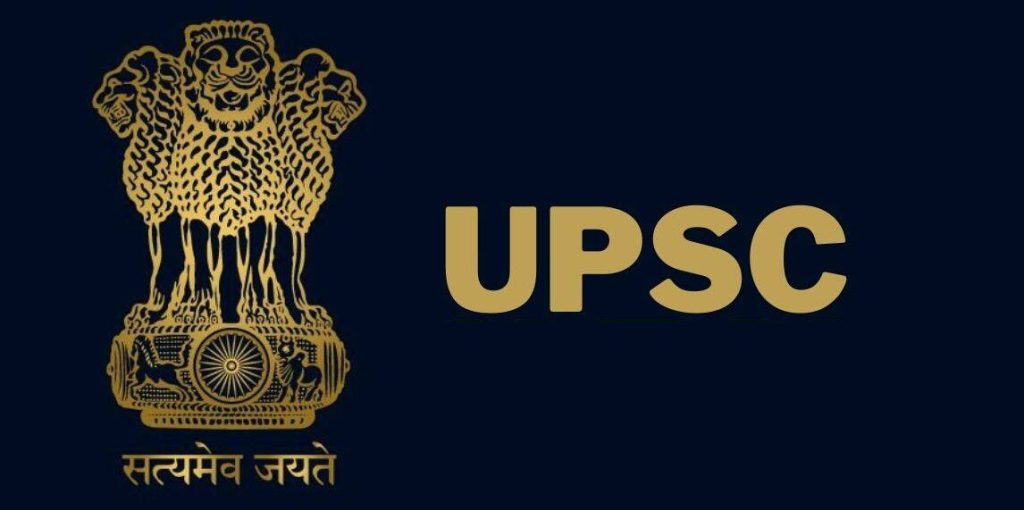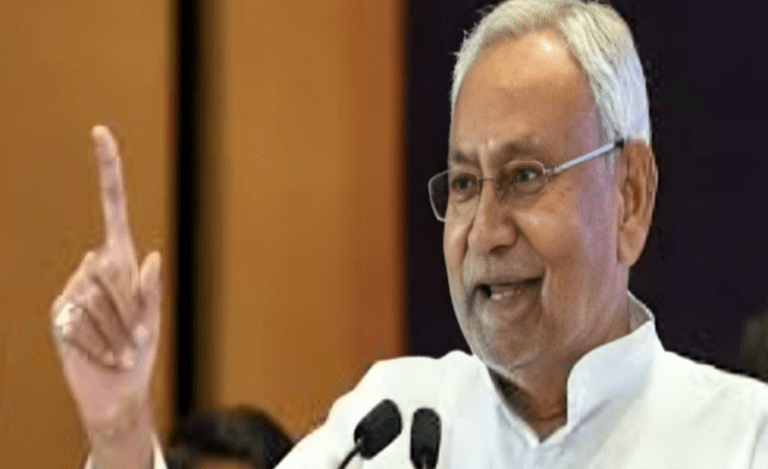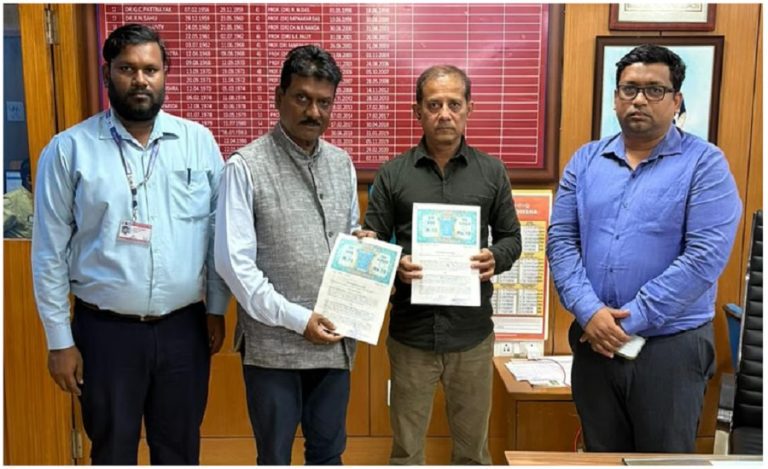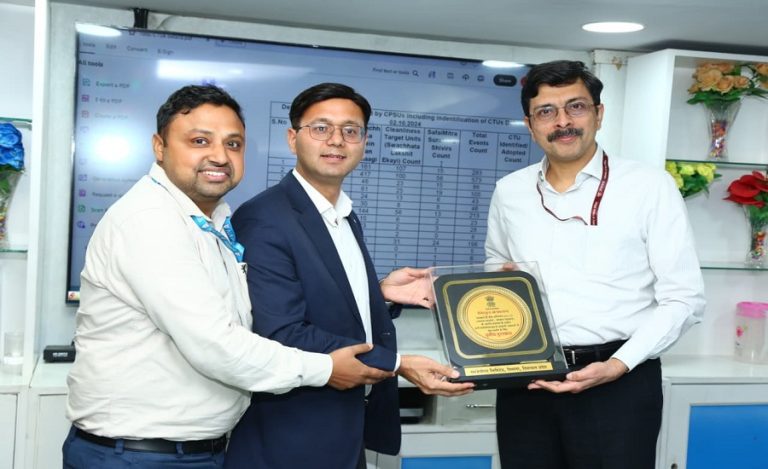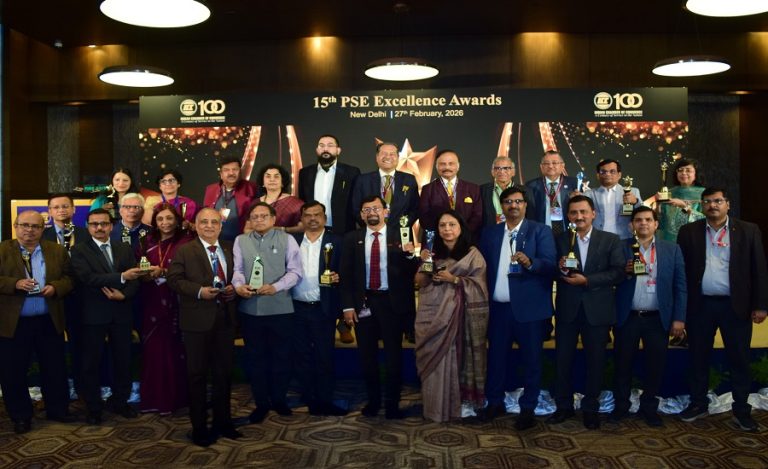Ask any UPSC aspirant and he or she will tell you that NCRETs (the books brought out by the National Council of Educational Research and Training for school students) are considered to be the ‘Bible’ of UPSC Civil Services Examination. They are considered as the basic reading books to build the base for this prestigious exam. These books cover all topics of UPSC and give us a crystal clear conceptual clarity. Aspirants remain no longer beginners once they go through these books thoroughly. In essence, these books build the basic concept for every subject. They are like an operating system, without which you can’t run your other softwares.
But what is the correct way to read these NCERTs? Do we just have to open the book and start reading it from the beginning to the end? Or, do we also have to make notes from these books on our own? Answers may vary as aspirants follow different strategies, some their own while some follow the strategy of toppers. In a long thread on social media platform Twitter, an IITian who cleared this prestigious exam twice, Abhijeet Yadav, tries to clear the air and suggest the way to read NCERTs. He shares his thoughts on why UPSC aspirants should not make notes from NCERTs. For conveying his thoughts and opinions in an effective way, he took help of a swimming strategy.
He said in a tweet: “I’ll be using a swimming analogy to explain this. Why? Because it’s summer and swimming is fun.”
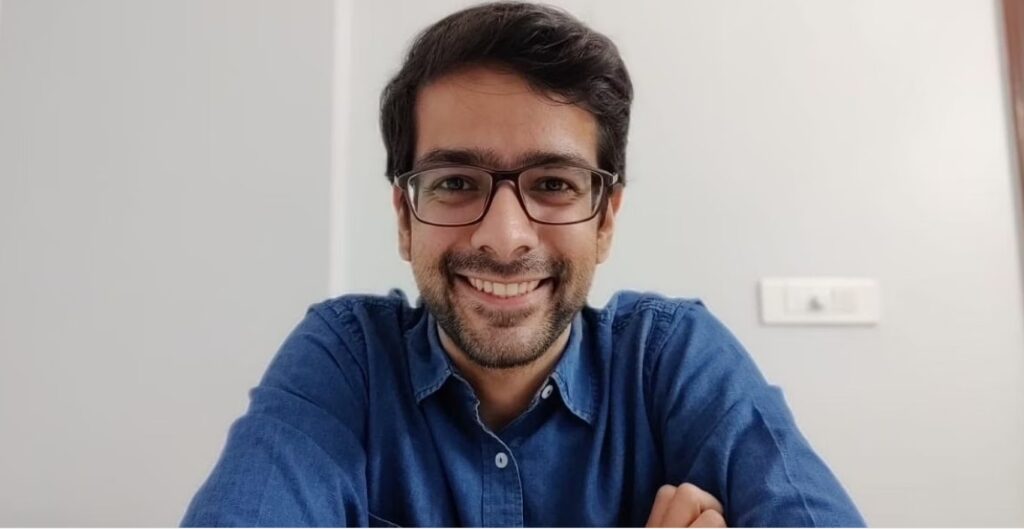
LEARNING TO SWIM
In his first tweet, he wrote about UPSC preparation and compares it to learning swimming.
He tweeted: “Starting UPSC prep is like learning to swim. When you begin, you’re uncomfortable with the water (syllabus). You don’t know what skills you need. You struggle to breathe in the water (study for 8 hrs), forget about thriving in the water (enjoying preparations).”
DIVING INTO THE DEEP END
In his second tweet of the thread, he talked about the concept behind every subject and suggested that without building a base, we should not move towards the main or lengthy books. “If you’re impatient and dive in to the deep end (reference books like Laxmikanth for Polity), then you’re in for a shock. You aren’t able to breathe properly yet, let alone be relaxed enough to float (understand concepts).”
Learning to Swim
— Abhijeet (@abhiwhy) June 16, 2022
Starting UPSC prep is like learning to swim.
When you begin:
• You're uncomfortable with the water (syllabus).
• You don't know what skills you need.
You struggle to breathe in the water (study for 8 hrs), forget about thriving in the water (enjoying prep).
SHALLOW END OF THE POOL
In his third tweet, he wrote: “NCERTs are the shallow end of the pool. The 4ft depth lets you maintain a sense of control. Slowly move from 4ft to 5ft and 6ft (class 8-10, 11, 12). When you can breathe and float, you will find it easier to handle the deep end (Laxmikanth).”
NOTES FROM NCERTs
In his next tweet, he talks about making notes. He strongly suggested that there is no need to make notes from NCERTs books. He said, “Don’t make notes from NCERTs. Now that you’re comfortable in the deep end, you don’t need to make notes about how to float anymore. Floating (understanding concepts) has become part of your skillset. The base on which you will build more skills.”
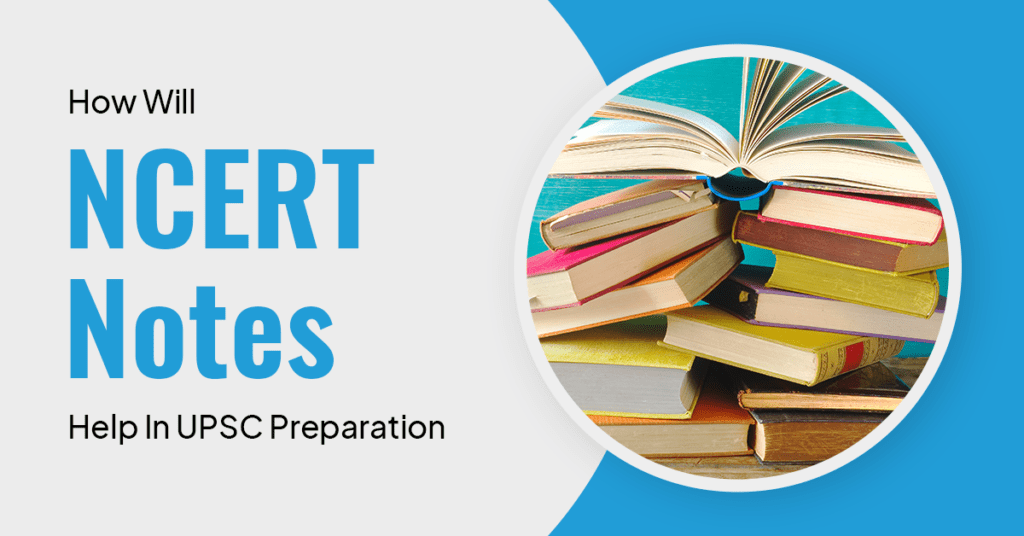
INTERMEDIATE SKILLS
In his next tweet, Abhijeet said, “Time for the next set of skills: Kicking (discipline): keeps you breathing. Hand strokes (solving previous year question papers-PYQs): course correction. And then it’s all about practice (read + test + revise). This is the point where you should start taking notes.”
ADVANCED SKILLS
In his next tweet, he moves on from intermediate skills to advanced skills. “It is best to take NOTES here. As you will need to practice these often if you want to succeed.”
He also highlights the importance of “Dolphin Kick (reviewing tests), Backstroke (syllabus topic analysis), and Diving (answer writing)”.
Advanced Skills
— Abhijeet (@abhiwhy) June 16, 2022
It is best to take NOTES here. As you will need to practice these often if you want to succeed.
• Dolphin kick (reviewing tests)
• Backstroke (syllabus topic analysis)
• Diving (answer writing)
SUMMARISING
In the last tweet of the thread, he sums up by saying: “Don’t make notes from NCERTs because once you’ve built a subject base, those skills will be part of you. You will be covering them again and again. Make notes from reference books. This will help you practice the advanced material and gain more from less.”
ABOUT ABHIJEET YADAV
Abhijeet Yadav spent five years of his life on the UPSC journey. He made 6 attempts, which covered 4 Mains, 2 interviews, 2 selections, and got AIR 653 in CSE 2017 and R-List in CSE 2018. He is now an UPSC mentor and the founder of UPSCprep.com.
An alumnus of IIT Delhi, he also has a YouTube channel with over 115,000 subscribers, where he helps aspirants to prepare better for the UPSC CSE exam.

